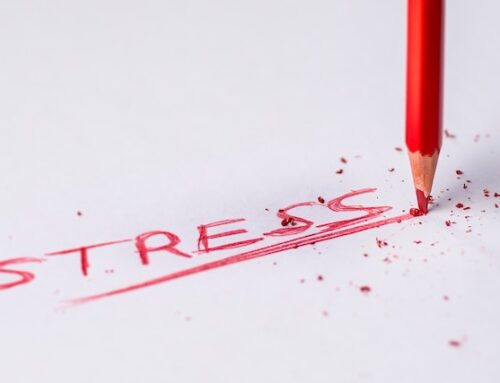Thought to be a time of great joy and celebration, in between the numerous parties, gatherings and the good old Christmas shopping rush, the holidays can often feel like a dark time for so many people who suffer from depression and seasonal depression.
While 1 in 7 Australians and 1 in 10 Americans will experience depression in their lifetime research states that those who are generally happy at the start tend to experience loneliness as a lack of fulfilment and stress and anxiety build up during the season.
Doctors attribute such feelings to the constant barrage of images during the holidays. From families gathered around the table and all smiles to togetherness, people subconsciously assume this to be the norm and start to question the quality of their relationships. While it is hard work on your part, we can help decipher the signs of depression so you can find peace and harmony this holiday season.
THE SIGNS
Concentration
Should you feel unusually inattentive or see a decline in your productivity or even feel you’re in a fog, you are more than likely suffering from depression. Owing to a mood disorder, major concentration issues affect work and relationships as sufferers become more forgetful and will generally misplace everyday objects.
Sleeping
Everybody has the occasional restless nights here and there and generally are not a big deal, but if it continues, it can be a sign of depression. Those who suffer tend to struggle to fall asleep or even staying asleep despite utter exhaustion. It can also happen in reverse, where people sleep too much and strive to keep awake each morning and cannot wait to fall asleep again throughout the day.
Irritability
While it’s true that depression generally equates to overwhelming sadness, it doesn’t always have to be the case. Sufferers can exhibit other behaviours such as anger, restlessness and general irritability because of feeling hopeless and helpless. Should you find yourself being angrier and your tolerance levels are low, it pays to think about what specific emotion might be triggering that behaviour in you and talk to your GP or specialist.
Social Withdrawal
Probably the most common and significant sign, social withdrawal is when we feel a strong urge to pull away from others. Withdrawing from any social interaction and activities, this behaviour leads to a deeper level of isolation and is the exact opposite of what we need. Not only does it worsen how we feel, but it can significantly increase the brain’s stress responses. There are huge risks from this symptom, so you need to fight hard against it and seek help where needed.
FINDING JOY AND BALANCE
Do Something Different
Does your daily routine leaving you feeling more “nah” than “yay”, it’s time to consider a different routine. Think of something outside of the “festive season” box. Go out with family and friends to a movie or partake in a fun activity.
Reach Out
While it may seem quite tricky, you should reach out to others when the going gets tough, and you are feeling quite lonely. Talking it out and taking the time to get together with friends and family can be a real game-changer. Should they live far away, keep in touch with your phone or video messaging as this too can be a great help.
Getting Involved
If the holidays have you feeling stress out because of being so busy, you can try taking time out for someone other then friends and family. Volunteer your time at a charitable cause such as a soup kitchen, food bank or toy drive. Scientists have the opinion that altruistic behaviour not only releases endorphins – producing a helper high but by also making a difference in the lives of people who have so little can be one of the most rewarding and humbling feelings during the season.




